Briefing on the situation with the right to the freedom from torture as a result of the events in Kazakhstan in early January 2022
As of 4 February the Coalition has registered 72 reports of torture or other types of ill-treatment: in Almaty – 17, Taldykorgan – 15, West Kazakhstan Oblast (Uralsk) – 7, Qyzylorda – 6, Atyrau – 5, East Kazakhstan Oblast (Oskemen) – 5, Taraz – 5, Shymkent – 4, Aqtobe – 3, Kostanay – 2, Pavlodar Oblast – 2, and in Karaganda – 1.
From those, 63 were reported to have been committed against men (10 underage) and 9 women. In 25 reported cases the Coalition provided lawyers for the victims and in 4 cases it facilitated access to psychological assistance. From all of the cases supported by the Coalition 13 have been registered by now in the Unified Pre-Trial Investigation Register under the article of torture (article 146 of the Criminal Code of Kazakhstan), and investigation on them has begun. 7 cases have been registered in the Police Information Log. As for these cases, they have been referred for the “internal investigation” of the police, and the Coalition does not have information on them. Forensic expertise, according to the Coalition’s monitors, have been ordered in 3 cases that have been supported by the Coalition.
As of now, the Coalition has established the following systemic problems that need urgent solution:
Re pre-trial detention of underage suspects:
GENERAL INFORMATION: So far, the Coalition has been informed of 12 cases of detention of underage suspects in pre-trial detention centre in Taldykorgan, of which 8 were the underage individuals who were remaining in custody as of 3 February; 3 cases of detention of underage suspects in Pre-Trial Detention Centre No. 18 in Almaty, of whom 1 remains in custody; and 1 such case in Oskmen.
Re Taldykorgan: By 3 February, 6 cases of underage persons whose parents have claimed torture have been registered by the prosecutor’s office in the Unified Pre-Trial Investigation Register. This means that on these cases a criminal investigation will be started. 3 more cases have been entered into the Police Information Log and are to be registered.
Re Almaty: In 1 of the cases, in addition to the defense lawyer, at the request of the parents of the underage individual, the Coalition has provided another lawyer to represent the interests of that teenager in the case of torture.
Re Oskemen – no facts of torture of the underage detainee the human rights defenders who saw him have established. On 3 February, that teenager’s pre-trial restraint measure was changed from detention to a travel restriction and a good behaviour warning.
As the Coalition has identified, the majority of the underaged detained suspects in the January events have been charged either with the crime of firearms or explosives stealing (article 291 of Criminal Code) or/and the theft (article 188 of Criminal Code), and some with the crime of mass disorder (article 272 of Criminal Code).
- According to the minors themselves, restraining measures that were affirmed for them by investigative courts have often been chosen without regard of their age, health status, or references, but exclusively on the basis of the gravity of the crime they were charged with, and these restraining measures were not “placing the minor under supervision” but sending them straight to detention.
- The underage detainees, same as adults, based on the words of human rights defenders and these minors’ parents, were subjected to beatings and cruel treatment (torture) with the aim of not only to extract confessions from them but sometimes with the only aim of punishing them, without a guilty verdict by a court (extra-judicially), for the crimes they were only suspected of.
- In violation of the criminal procedure law and the legislation on pre-trial detention (temporary seclusion from society), the underage suspects, according to human rights defenders, were sometimes detained together with adults.
- Criminal cases into the January events involving juvenile suspects have been conducted and are still being conducted without regard of the rules of juvenile justice, namely without participation of juvenile police inspectors, juvenile psychologists or pedagogues. Some of the defense lawyers invited by investigative authorities from the state guaranteed (free) legal aid program designed for the cases also involving underage suspects have been ignoring complaints of their underage defendants of torture, their health complaints, or pleas for help. In their talks with the human rights defenders some of the juveniles were saying that often the only time when they saw their defense lawyer was at an investigative court hearing when a pre-trial restraining measure was decided upon for them.
- By law, underage persons in Kazakhstan may not perform any legal procedure actions independently, even to report torture, but only via their lawful defenders or representatives (e.g. parents, etc.). That is why many juvenile detainees could not officially claim torture until they met with a prosecutor, or human rights defenders, or their parents. In most cases, as the Coalition has noted, complaints of torture of juvenile detainees to their state-appointed defense lawyers (if they met) or investigators remained unnoticed until practically to-date.
Re safety of the complainants of torture:
- The Coalition has noticed that many of detained individuals or those who have been released until trial in the criminal cases into the January events and who were subjected to torture in places of detention, according to themselves, are afraid to report torture officially fearing further pressure from law enforcement structures.
- Those who have registered their complaints of torture, which since have prompted investigation, do not feel safe either fearing prosecution for false incrimination or for distributing knowingly false information (both are criminal offenses in Kazakhstan). The latter, for instance, has been mentioned a few times by the Department of Internal Affairs of Atyrau Oblast on their official page in Facebook.
- The Coalition is not aware of any cases so far of safety measures being applied with regard to those formerly arrested under the January events related charges who have reported torture and whose complaints have started being investigated.
- In some of the cases, the lawyers who work on these cases of torture are, too, afraid to act rigorously fearing harassment.
Re registration of complaints of torture and investigation of torture:
- In contradiction to the demands of the Criminal Procedure Code of Kazakhstan about immediate registration of all information about any committed criminal offenses, including torture, many reports of torture in mass media (or social networks), or any direct oral or written reports or complaints thereof with the signs of the crime of torture (article 146 of the Criminal Code) keep being initially registered in the Police Information Log without immediate registration in the Unified Pre-Trial Investigation Register. This means that investigation on these cases is often delayed until a pre-investigation checking is completed, even though such checking was abolished back in 2014 when the acting Criminal Procedure Code was passed.
- In Kazakhstan there is no independent body to investigate torture. Cases of torture committed by law enforcement personnel are investigated by the anti-corruption agency, and vice versa. The Coalition has noticed that since the time this rule of alternative investigation was introduced, the anti-corruption agency has not proved effective in investigating complaints of torture against the police: often they referred the complaints of torture to the internal investigation services of the very law enforcement bodies, whose staff members were complained against. Later these cases were either dismissed or shelved. Very few cases investigated by anti-corruption bodies have reached court.
- Among the cases of torture that started after the January events, the Coalition is not aware of any where the investigator would refer the victims for forensic medical or psychological or psychiatric examination based on the standards of the Istanbul Protocol (The Manual on Effective Investigation and Documentation of Torture and Other Cruel, Inhuman or Degrading Treatment or Punishment).
The Coalition of NGOs of Kazakhstan against Torture will continue monitoring the situation with the right to the freedom from torture in Kazakhstan and hopes that the Republic of Kazakhstan will be following all its human right obligations toward this right.
The Coalition reminds that cases of torture, cruel, inhuman, or derogatory treatment on behalf of the law enforcement or other force structures, or other related structures or persons can be reported to [contact information of the Coalition of Torture focal point].
The Coalition is ready to provide legal and psychological assistance to the victims (or reported victims) of torture and other types of ill-treatment.
The Coalition of NGOs of Kazakhstan Against Torture reminds that the right to the freedom from torture is an absolute right that may not be restricted under any circumstances. Commission of the crime of torture which is banned under Article 146 of the Criminal Code of Kazakhstan does not have statute of limitation, nor may amnesty or reconciliation be applied in the cases of torture.
4 February 2022

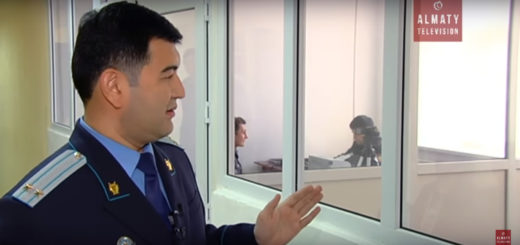
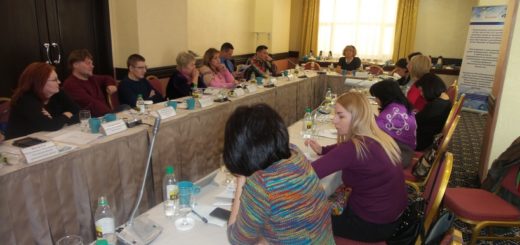
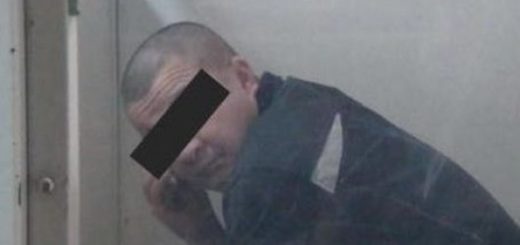
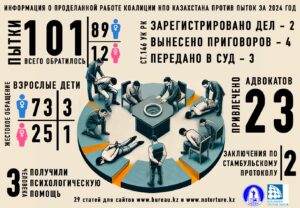
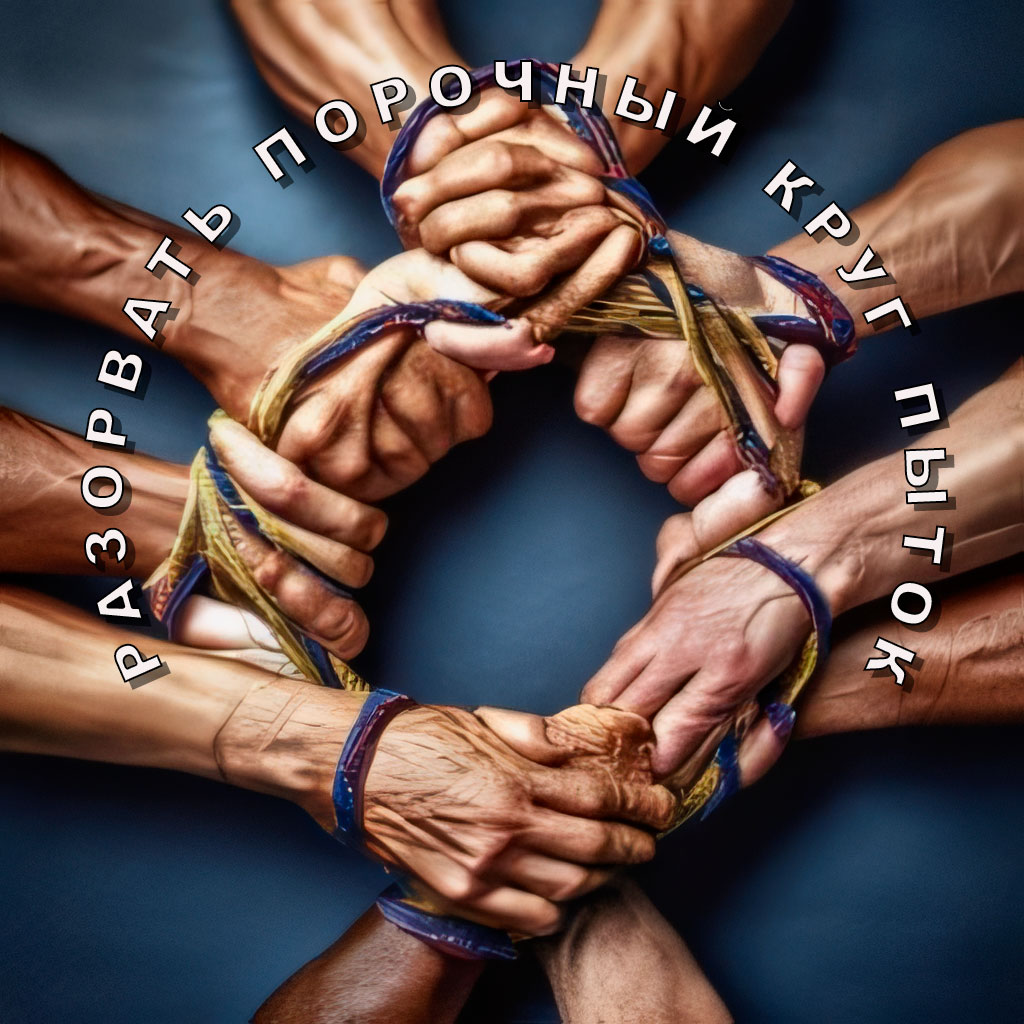
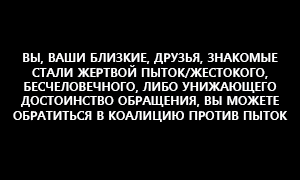
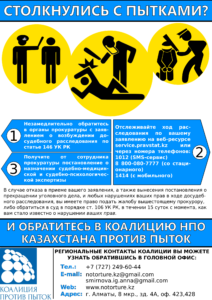



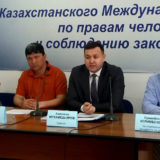

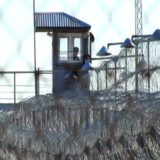
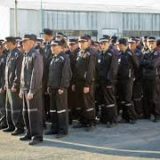
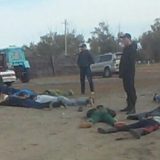
Свежие комментарии